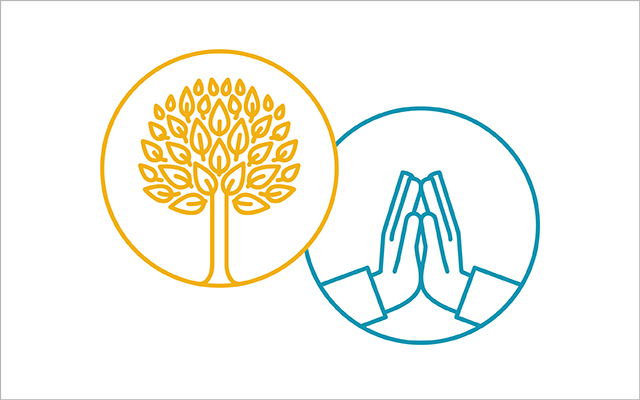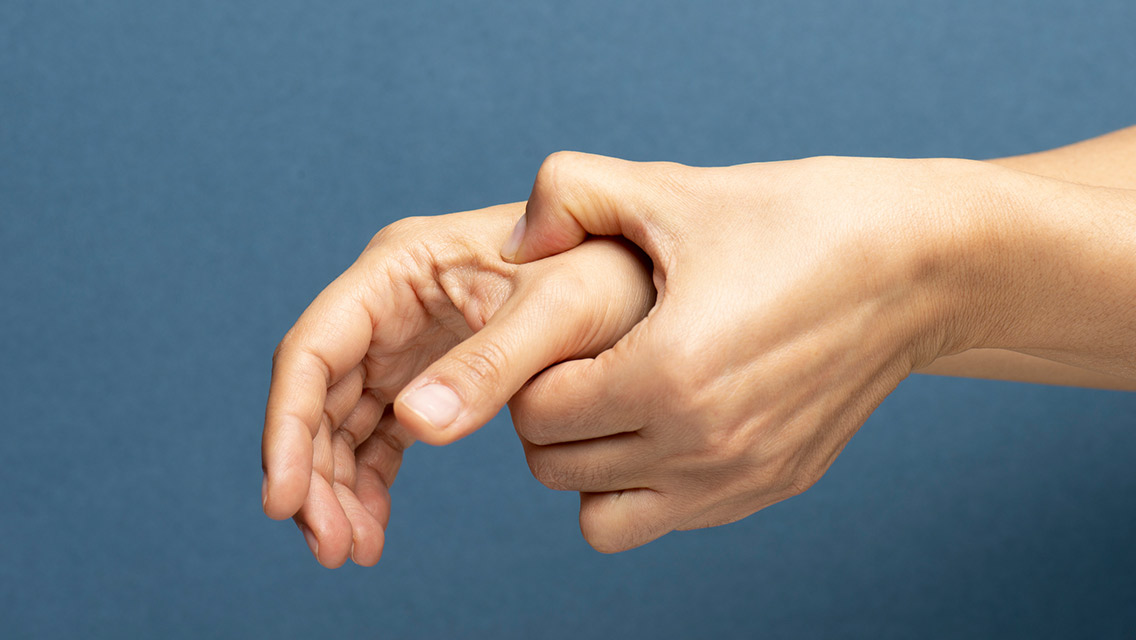Some healthcare facilities are beginning to test integrative practices as alternatives to prescribed opioids (a growing public-health issue) for dealing with pain. Here are two showing promise:
Acupuncture
Two years ago, Minneapolis’s Abbott Northwestern Hospital became the first U.S. hospital to offer acupuncture in its emergency room, using it for a variety of conditions, including migraines and kidney stones.
The results have been encouraging. Acupuncture specialist Adam Reinstein, LAc, MAOM, and Jeffery Dusek, PhD, director of research at the Integrative Health Research Center at Minneapolis’s Penny George Institute for Health and Healing, used data from 2013 and 2014 to observe patient-reported pain in 182 emergency-room cases. They found that those treated only with acupuncture experienced roughly the same amount of pain and anxiety relief as patients who were treated with acupuncture and painkillers. Dusek is working on a more definitive study to back up these findings.
Meditation
In a 2016 randomized, double-blind study at Wake Forest Baptist Medical Center in Winston-Salem, N.C., researchers showed meditation provides actual pain relief. Seventy-eight participants were divided into four groups. Volunteers reported their pain level after having a portion of their skin heated to 120 degrees F.
Pain scores for those treated with meditation and naloxone, a drug that blocks the body’s opioid receptors, were 24 percent lower than in those given a placebo. The findings revealed that the pain-reducing effects of meditation operate through a different chemical pathway than opioids.




This Post Has 0 Comments